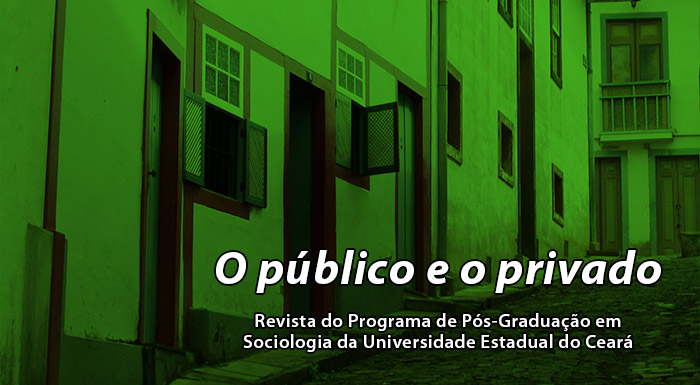Sistemas policiais
comparações entre Brasil e Portugal a partir de Teresina
DOI:
https://doi.org/10.52521/18.2929Abstract
The article aims to point out the characteristics of the Portuguese and Brazilian police system, taking the Brazilian system as a panorama, from 2015 to 2017. Since the 1980s, criticisms of the Brazilian police system have produced proposals for a new police system, however, political forces maintain a dual, fragmented and uneven system internally (BEATO, 2002; SOARES, 2003, MOTA BRASIL, 2010). The comparison requires knowledge of the literature on the two realities (DURÃO & DARCK, 2012), even so, ethnography becomes essential for the understanding of the logic of things in everyday life where the Portuguese and Brazilian police forces operate (DURÃO, 2019 ; MAGNANI, 2009). The research is made from the ethnographies carried out in Teresina (Piauí) and from bibliographical sources on Portugal. The methodology of fieldwork, especially ethnography, made it possible to get to know the daily life of the Teresian communities in Piauí (Brazil) and the policing carried out in these regions. Through the bibliographic sources about the Portuguese police and policing it is possible to compare with the Brazilian police system. It can be seen that the Brazilian police system has characteristics that reduce its efficiency, in addition to structural aspects, such a dual and fragmented system, which generates the inefficiency of the Brazilian police system.
Downloads
Published
Versions
- 2020-12-30 (2)
- 2020-12-30 (1)











